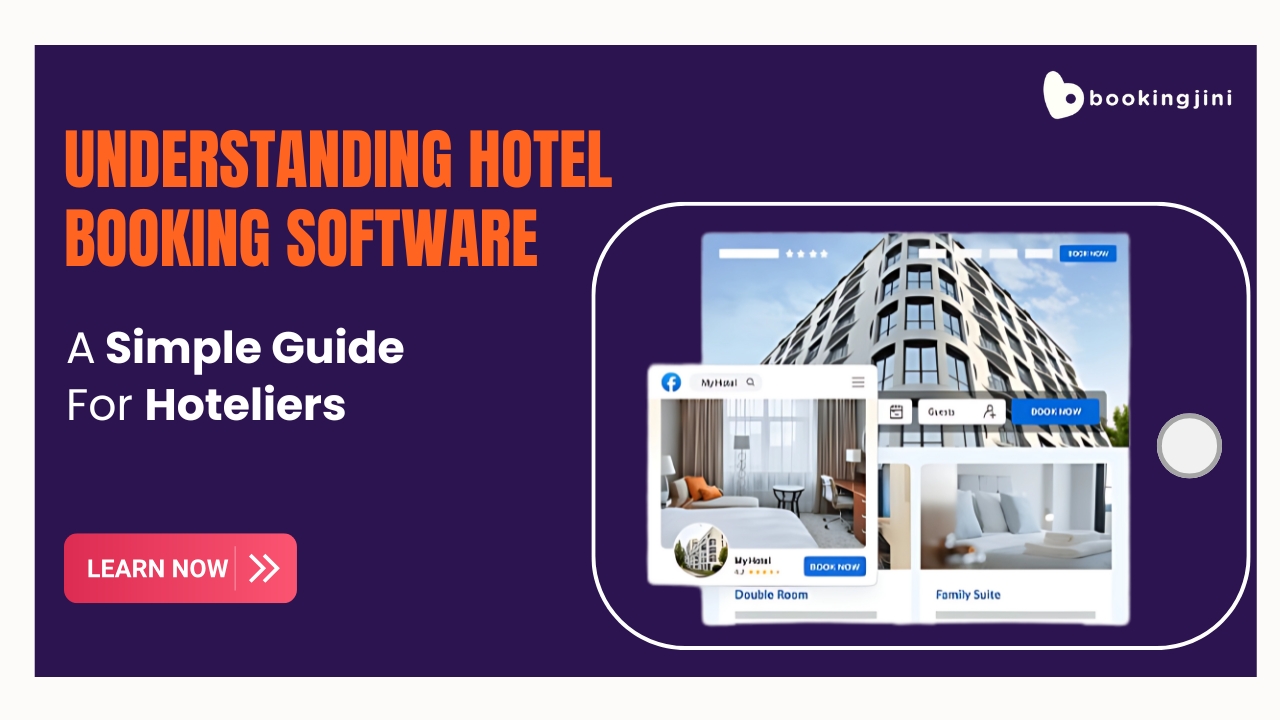The hospitality industry is constantly evolving, and technology has played a significant role in shaping its future. One of the most important technological advancements in the industry has been the development of hotel software systems, including hotel management systems and hotel management software. Among these systems, the Chatbot has been a game-changer for the industry.
In this article, we’ll explore the importance of user experience when navigating the interface and functionality of chatbot in hospitality.
What is a Chatbot?
A Chatbot is a software application that uses artificial intelligence (AI) to simulate human conversation. It is an essential component of a hotel’s technology infrastructure, as it enables hotels to provide instant customer service to their guests through messaging platforms such as Facebook Messenger, WhatsApp, and WeChat. The chatbot is a part of the hotel management system, which is designed to streamline all aspects of hotel operations.
Benefits of a Chatbot
Improved Customer Service:- A chatbot can help hotels improve their customer service by providing instant responses to guest inquiries. This can help reduce wait times and improve the overall guest experience.
Increased Efficiency:- A chatbot can help hotels increase their efficiency by automating repetitive tasks such as booking confirmations, room service orders, and check-in/check-out procedures. This can help reduce the workload on hotel staff and improve the overall efficiency of hotel operations.
Enhanced Marketing Opportunities:- A chatbot can provide hotels with enhanced marketing opportunities by allowing them to collect guest data and preferences. Hotels can use this data to create targeted marketing campaigns and promotions, which can help them attract new guests and retain existing ones. This can help hotels build a loyal customer base and increase their revenue potential.
Navigating the Interface and Functionality of Chatbot
The interface and functionality of chatbot are crucial to its effectiveness and impact on the guest experience. When designing a chatbot for hospitality, it is important to consider the following factors:
Natural Language Processing:- Natural language processing (NLP) is a key component of chatbot functionality. NLP enables the chatbot to understand and interpret guest inquiries, and provide accurate and relevant responses. When designing a chatbot for hospitality, it is important to ensure that the NLP is optimized for the specific needs of the hotel and its guests.
Personalization:- Personalization is another important factor when designing a chatbot for hospitality. The chatbot should be able to recognize returning guests and provide personalized responses based on their preferences and past interactions with the hotel. This can help build stronger relationships with guests and increase guest loyalty.
Integration with Other Technologies:- Integration with other technologies such as PMS and CRM is also important when designing a chatbot for hospitality. This can enable the chatbot to access guest data and preferences from other systems, and provide more personalized and relevant responses to guest inquiries.
Importance of User Experience
The user experience of a chatbot is crucial to its effectiveness and impact on the guest experience. When designing a chatbot for hospitality, it is important to consider the following factors:-
Ease of Use:- The chatbot should be easy to use and navigate, with a clear and intuitive interface. Guests should be able to access the chatbot easily and receive instant responses to their inquiries.
Responsiveness:- The chatbot should be responsive and provide instant responses to guest inquiries. This can help reduce wait times and improve the overall guest experience.
Personalization:- The chatbot should be personalized to the specific needs of the hotel and its guests. It should be able to recognize returning guests and provide personalized responses based on their preferences and past interactions with the hotel.
Conclusion
In conclusion, chatbots are an essential component of a hotel’s technology infrastructure, providing instant customer service, increasing efficiency, and offering enhanced marketing opportunities. When designing a chatbot for hospitality, it is crucial to consider factors such as NLP, personalization, integration with other technologies, and user experience. By providing a seamless and personalized experience for guests, chatbots can help hotels build stronger relationships with their guests and increase guest loyalty, ultimately leading to increased revenue and profitability.




